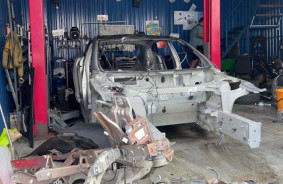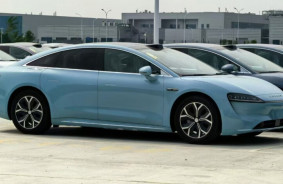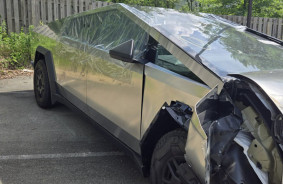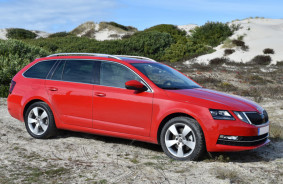Hyundai plans to introduce an electric vehicle with an extended driving range (Extended Range Electric Vehicle, EREV). Equipped with Hyundai's hybrid technology, it will combine the power of an internal combustion engine and an electric motor. This combination will enable a significantly enhanced range.
The EREV features a battery, an electric motor, and an internal combustion engine, making it similar to a hybrid vehicle. However, the EREV differs from traditional electric vehicles and hybrids by utilizing the internal combustion engine primarily for recharging the battery. This design aims to eliminate the limitations associated with conventional electric cars, allowing for a range of up to 900 km on a full charge.
When the EREV's battery depletes, the internal combustion engine activates to generate electricity for recharging. This vehicle utilizes a new transmission and an advanced power electronics system that facilitates all-wheel drive through the use of two motors.
The company's first EREV models are expected to be D-class SUVs under the Hyundai and Genesis brands. The Santa Fe and GV70 are the prime candidates for this technology.
Reports indicate that Hyundai intends to start mass production of EREV in North America and China by 2026. New models are anticipated to hit the market in 2027.
There are rumors suggesting that the price of such a vehicle could be lower than that of traditional electric cars. This is attributed to the utilization of a smaller capacity battery, which helps reduce production costs.
Source: interestingengineering














Comments (0)
There are no comments for now